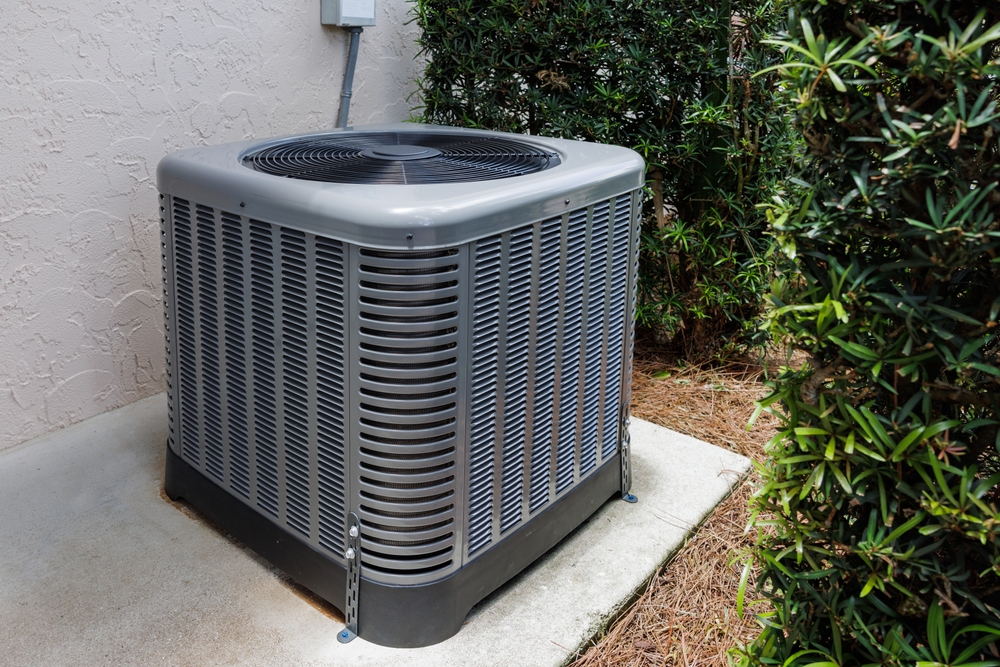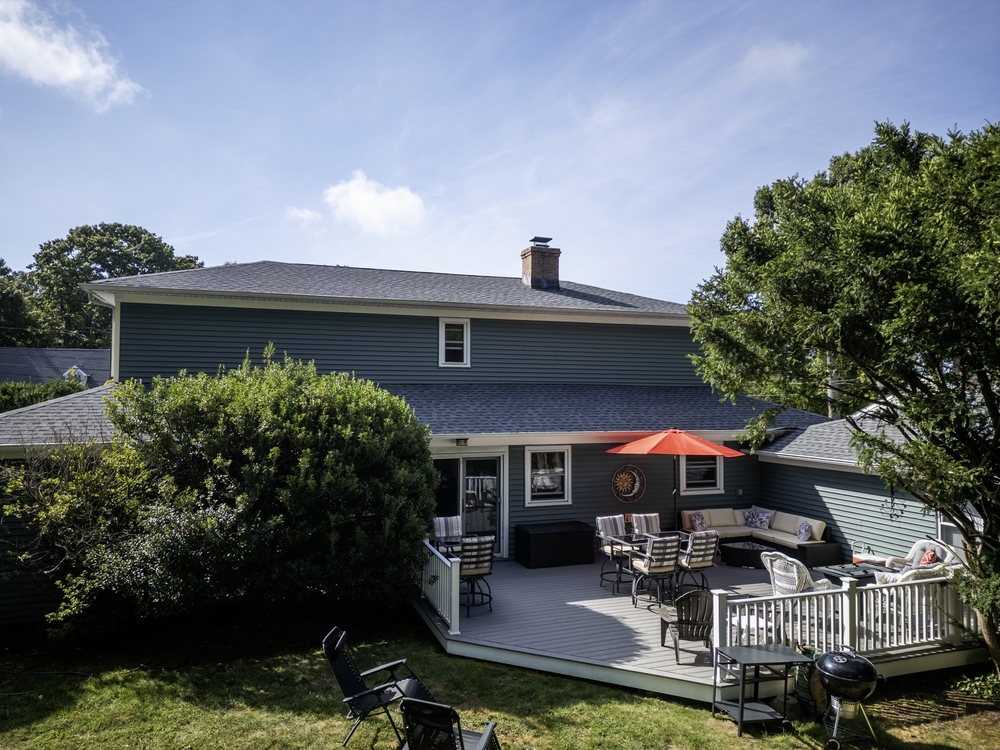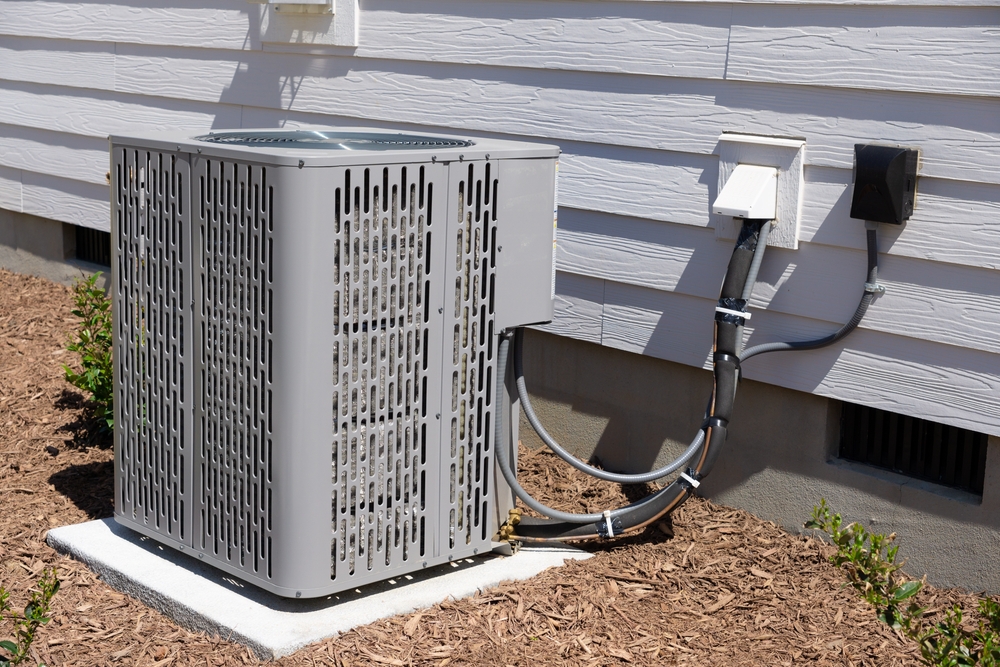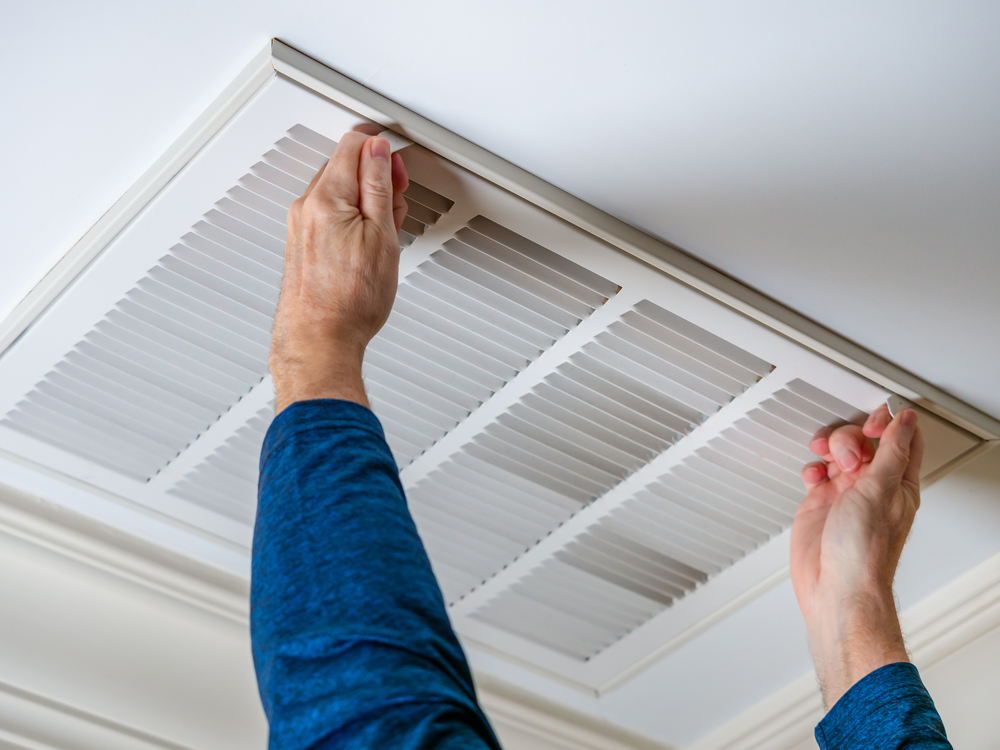Does HVAC Tuning Prevent Heat Pump Failure?
Many homeowners wonder if they really need to bother with routine maintenance for their HVAC systems. You might even be asking yourself, does HVAC tuning prevent heat pump failure? The short answer is, it’s a critical step to maintain and take care of your investment. Wolfpack Home Services is a full service HVAC company in Lansdale and surrounding area, contact us for a free estimate on HVAC tuning.
Regular upkeep is a preventative measure, although it doesn’t eliminate any possible failure of your heating or air conditioning. You’ll learn why regular maintenance of HVAC systems plays a very helpful and meaningful role. You will also gain some knowledge about HVAC’s, although there are more advanced reasons for routine check ups.
The Role of Regular HVAC Maintenance
Think of your heat pump like a car. You wouldn’t drive your car for years without an oil change, so this is similar to that maintenance. Regular tuning keeps all the components working in good standing.
This helps with avoiding many potential major problems, although they can still come up unexpectedly. Dirty coils or a clogged air filter restrict airflow; this forces the heat pump to work harder. This can increase wear and tear on parts.
What’s Involved in an HVAC Tune-Up?
A professional technician does more than give your system a quick check. They carry out checks of all critical factors for maintenance. They focus on some very helpful areas of tuning.
The technician will also check the refrigerant levels. This confirms your heat pump has the right amount to function effectively. Finally, electrical connections are inspected and tightened to prevent heat issues that might come up.
Boosting Heat Pump Efficiency
When your heat pump works efficiently, you might lower energy costs and save money over time, although things happen. Clean components mean less stress on the system. That allows it to maintain your home’s climate.
If your system struggles with dirt or buildup, it works much harder, although sometimes there’s no issues. This increases monthly utility bills, so regular care and maintenance helps your bank account and extends system life.
Does HVAC Tuning Prevent Heat Pump Failure Directly?
Regular maintenance addresses many of the common causes of heat pump problems. While tuning can’t completely eliminate failures, because equipment gets old, it dramatically reduces risk factors.
Maintenance can lead to early detection, so if small problems do occur, it can usually be repaired before things get out of control. It also extends the overall heat pump lifespan.
The Risks of Ignoring Maintenance
Skipping tune-ups is risky business and potentially dangerous, although there are options, you have to have your family’s safety in mind. Without regular check-ups, minor problems can worsen.
Small refrigerant leaks can become major system failures and no one wants to pay high costs for repairs. Think about how it is less expensive for a regular tune-up than having to call an HVAC company for service in the middle of a cold front. Inconsistent temperatures, that often lead to poor indoor air quality in your living area, are dangerous as well.
How Often Should You Schedule Maintenance?
Most experts advise at least an annual tune-up, although a semi-annual frequency could be beneficial, if your area has extreme weather. The best time for a heat pump tune-up is in the spring and right before colder weather hits. This routine allows the system to handle the demand in a much better fashion.
Older systems can benefit more frequently because parts naturally get worn. Consider bi-annual tune-ups in places where we are going through high temperature heat pumps. Scheduling is important and gives HVAC teams preparation time to service client’s needs.
Long-Term Benefits of Regular HVAC Care
Think of consistent HVAC tuning as a long-term investment. You save money in more than just bills. Consider your cost savings too, including preventing high repair costs.
The biggest savings, though, are your system will have to be replaced less often. If properly cared for, your heat pump can function many more years than a poorly cared for one. Maintenance, while costing some money up front, is way less than having to buy a new system down the line because the old system died out.
Does HVAC Tuning Prevent Heat Pump Failure and Why Prioritize It?
HVAC tuning activities go unnoticed, although, in most cases, it has tremendous value for an investment of this magnitude. Tuning prevents failures for an inefficient system and helps keep it in tip top condition.
By focusing on preventing failures, homeowners benefit greatly by saving and also giving security and efficiency to heating and cooling your most prized investment. Heat pump failure is dangerous, but there’s maintenance programs you can follow and check ups you can schedule in the interim to protect against some risk. Keep your heat pump running smoothly as an owner, although at times, it’s a burden.
FAQs about does hvac tuning prevent heat pump failure
Is an HVAC tune up necessary?
Yes, it’s helpful for the best function, but there are other considerations too.
Regular HVAC tune-ups help identify potential problems before they turn into significant issues. HVAC maintenance can catch things like refrigerant leaks or electrical issues before a full system breakdown.
At what point do heat pumps become ineffective?
Heat pumps may have issues working well below freezing temperatures, so plan ahead.
Factors like dirty coils and low refrigerant levels can reduce a heat pump’s efficiency and contribute to making it ineffective. You should keep up with your heating maintenance, especially if you are relying on your heat pump in those lower temperatures. Having an inefficient system can lead to high electric bills.
What does a heat pump tune up do?
It checks, cleans, and adjusts all main working components to be as optimal as possible.
A heat pump professional will inspect the system, clean components, check refrigerant levels, and identify any worn parts. A technician will also examine your system for any dirty coils, refrigerant leaks, or electrical issues. Doing these regular tune-ups, helps improve the energy efficiency of your system.
How can I make my heat pump work better?
Schedule routine checks, change air filters regularly, but keep coils clear from any items.
Keeping your system free from obstructions helps to prevent dirty coils and promotes healthy airflow for your indoor air quality. Scheduling regular HVAC maintenance allows for a heat pump professional to take care of your system.
| Benefit | Description |
|---|---|
| Improved Energy Efficiency | A well-maintained heat pump operates more efficiently, reducing energy consumption and lowering utility bills. This can prevent common electrical issues, too. |
| Extended Lifespan | Regular HVAC tune-ups help to identify and address minor issues before they escalate into major problems. Preventing issues, greatly extends the overall lifespan of the heat pump. |
| Enhanced Indoor Air Quality | Clean filters and components contribute to better indoor air quality. A well-maintained system will provide improved air circulation. |
| Prevention of Costly Repairs | Early detection of potential problems during a tune-up can prevent costly repairs down the line. This will save your wallet and prevent headaches. |
| Maintained Manufacturer’s Warranty | Many manufacturers require proof of regular HVAC maintenance to keep the warranty. |
Conclusion
The question, “does HVAC tuning prevent heat pump failure?” is more nuanced. The better approach to caring for a major system investment involves routine tune-ups. Regular check-ups on HVAC equipment helps.
By caring for your system, like giving a tune-up before it becomes really hot and when the system starts running more frequently, helps tremendously. This allows for maintenance and checking, but in all honesty, a tech professional gives the homeowner way more knowledge during these visits too. Tuning offers so many benefits when done regularly and systematically with care, and helps improve the energy efficiency of your system.





